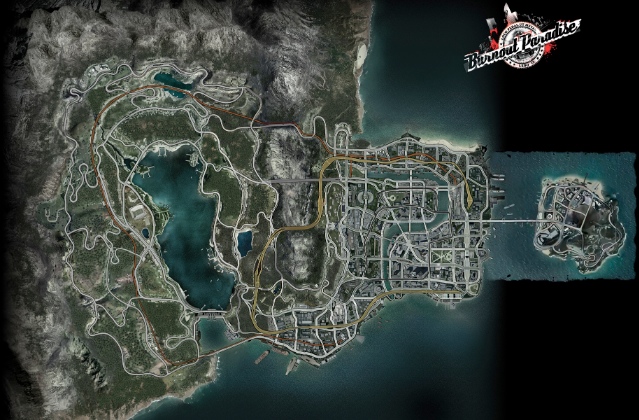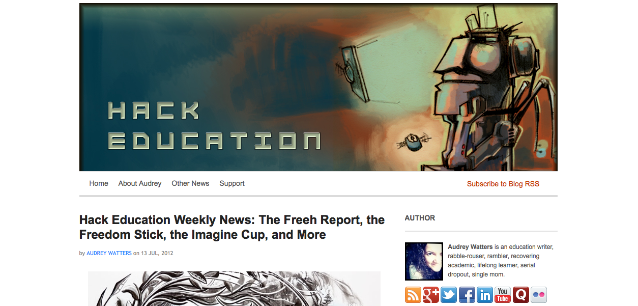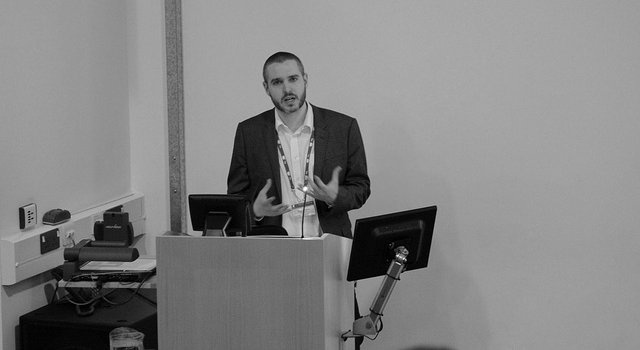Informal learning, gaming, and #openbadges design

One of my favourite games for the PlayStation 3 is Burnout Paradise. Apart from the racing and being able to take down cars in spectacular ways, one of the reasons I love it is because it’s a non-linear game.
What do I mean by that?
I mean that after a (very) lightweight introduction, the whole map is open to the player. You’re guided through the mechanics of the game as you play it, and you can choose what you want to do next. If you just want to drive around, that’s fine. In fact, there’s ‘challenges’ to complete (smashing through billboards, etc.) if that’s all you want to do. By driving around you actually discover some of the ‘formal’ challenges like races as well as the auto repair shops.

Every now and again, either through winning races or completing stunt challenges you’ll unlock a new car. But you still have to go and find it and take it down. And there’s also the ‘stealth’ achievements you unlock unexpectedly. It’s a compelling, very rewarding game in its own right, never mind being able to play live online against other human opponents!
Recently, within the Mozilla Learning team we’ve been discussing the non-linearity of badge systems and how interest-based learning can be scaffolded and assessed. Obviously the assessment is ultimately going to lead to Open Badges, but a few of us feel that we can’t merely replicate the existing structures found in formal education. There’s not much point in using badges if the learning design still talks about a ‘101’ class or uses a Beginner/Intermediate/Advanced approach.
The question has come up, as it always does, about pre-requisites. There’s no getting away that some learning is built upon prior knowledge, the argument goes. That’s certainly true, but there’s ways of motivating the learner to want to undertake that prior learning. That way is by appealing to their interests.
As with anything new, the easiest way to get at what we can do is through metaphor. In this case, I think that a video game serve as a very useful model for what we want to do. Start with the player (in this case the learner) and scaffold experiences around them.
Does that make sense?


